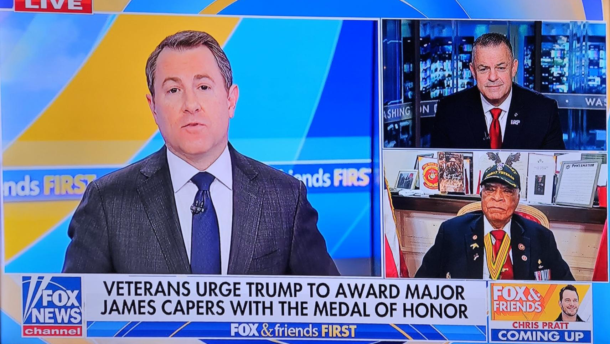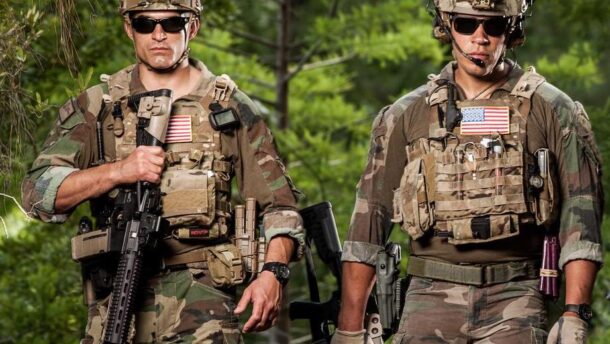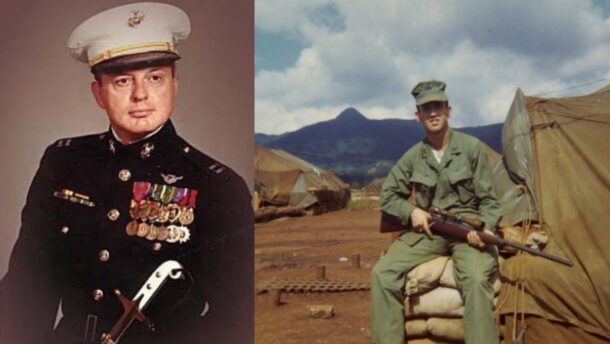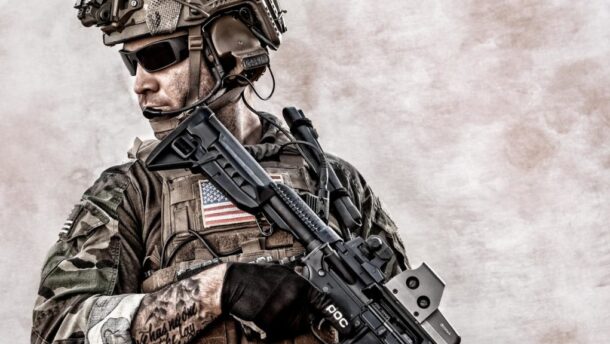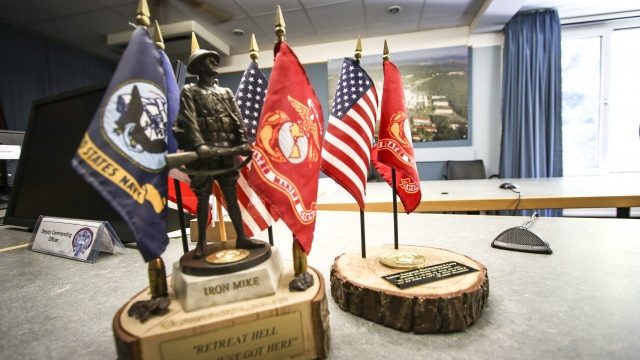
LANDSTUHL, Germany – In early December of 2011, U.S. Marine Corps Lance Cpl. Christopher Levy, an infantryman with 1st Battalion, 6th Marine Regiment, 2nd Marine Division, II Marine Expeditionary Force, was conducting combat operation in Helmand Province, Afghanistan, when he was wounded and medically evacuated to Landstuhl Regional Medical Center in Germany. Following days of fighting for his life, Levy eventually succumbed to his wounds on Dec. 10, 2011.
Like so many other U.S. Service Members, Levy enlisted to be part of something bigger than himself. Following his death, Levy’s parents honored his wishes to donate organs while at LRMC.
Since 2003, over 85 U.S. Service Members who died at Landstuhl Regional Medical Center donated more than 236 organs around Germany. In partnership with the Deutsche Stiftung Organtransplantation (DSO), Germany’s nationwide coordination center for post-mortem organ donations, the final sacrifice for these Service Members saved countless lives. A blend of combat fatalities from the wars in Iraq and Afghanistan and training accidents across Europe and Africa make up the majority of donors.
“When a (Service Member) arrives who has severe injuries, or is brain dead and passes away, we facilitate possible organ transplants, which are very different (in Germany) than in the United States, because laws are different,” said Petra Wine, a critical care nurse at LRMC and the transplant liaison for the DSO. “It was realized by the military leadership that out of terrible death, something good can come out of and something good for the family as well.”
After a chance encounter with a former LRMC nurse in North Carolina, Levy’s mom decided to contact the medical center for more information on her son’s legacy. This led to Wine’s involvement. When the Marine Corps Detachment assigned to the hospital heard the story, they decided to honor Levy in their own way.
Nearly a decade after Levy’s passing, the Marines at LRMC gifted Levy’s mother with a plaque memorializing Levy, along with a letter from the hospital’s commander, symbolizing admiration for Levy’s sacrifice.
The small detachment, part of Wounded Warrior Battalion East and the primary liaison between LRMC and Marine Corps activities throughout Europe, Africa, and the Middle East, were inspired by longtime volunteer, Truman Goodwin, who occasionally presented plaques to departing Marines at the detachment.
“Each (plaque) is a little bit different, the wood comes from Belleau Wood in France,” said Goodwin, who’s gifted these plaques for 15 years. “I think it’s a nice gesture to give to a mother and help her grieve because she would know other Marines contributed to it.”
The plaques’ significance helps Marines remember their mission at LRMC while incorporating a part of Marine Corps history, says Goodwin, who served in the Marine Corps nearly six decades ago.
The cut of Belleau Wood has substantial meaning for Marines and the French region is part of Marine Corps lore. Notably, during World War I, Marines earned the moniker “Teufel Hunden” (German for “Devil Dogs”) as a result of the Marines’ ferocious fighting during the Battle of Belleau Wood. The nickname continues to be used throughout Marine Corps ranks to this day.
“This is actually the first time we’ve (created a plaque) for someone who wasn’t a patient, inbound patient or staff member at LRMC,” said U.S. Marine Corps Master Sgt. Wakill Wynn, staff noncommissioned officer in charge, Wounded Warrior Detachment at LRMC. “(We were asked to) help get a letter back to the mom. After we found out what it was for, we had to be a part of it.”
For 85-year-old Goodwin, it means being able to give back to Levy’s family.
“I enjoy it. It’s a lot of work but I enjoy it because it’s for the Marines,” said Goodwin.
“The Marine Corps motto is Honor, Courage, Commitment, and I feel that it is our job to commit ourselves to the lives or deaths of Marines who have come before us,” said Wynn. “It means a lot to be able to hear a Marine’s story, feel immediately vested into it and then have the opportunity to give something back.”
“(Levy) wasn’t forgotten, and she’ll know he’s still a part of this world,” added Goodwin.
In the letter to Levy’s mother, LRMC Commander, Col. Michael Weber, described Levy’s sacrifice and decision to donate organs as part of a collective generosity which deepened the bonds between the two great nations.
“He made the ultimate sacrifice in defense of our nation, and we are forever indebted,” states the letter. “No one can take away the enormous loss you have felt in the years since. Nevertheless, I hope you find some solace knowing that, through his organ donations, your son lives on through others.”
According to the DSO, Levy’s sacrifice and generosity helped save the lives of four German organ donor recipients. Leaving behind an enduring legacy, even in death.
Original source: Army.mil




